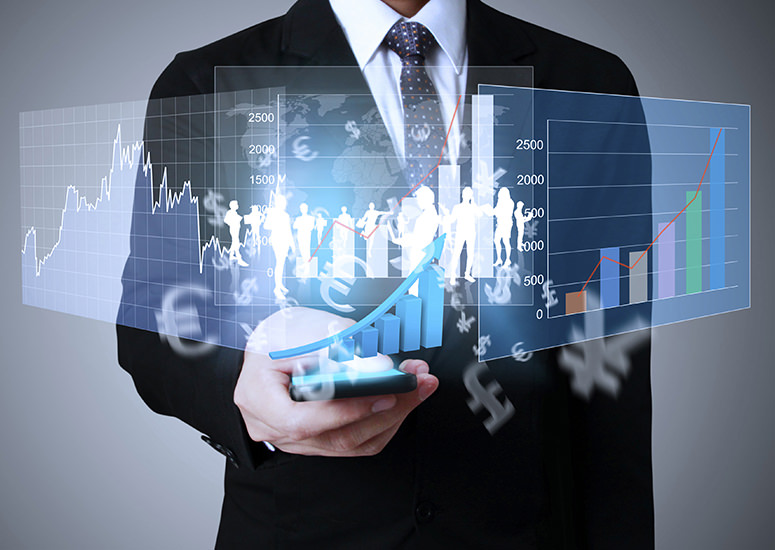The year 2023 saw Artificial Intelligence finally seeping into our lives in unprecedented ways. Agri, health, food and video analytics were some of the industries that revolutionized the backend process and directly impacted the consumers. While it made easier for consumers to order food through aggregators and delivery partners, farmers can now easily access multiple services. Even as AI automates tasks, multiple industries used technology to achieve bigger goals, and ultimately reaching out to more consumers, while saving time and money. Here are some industries that are expected to continue to innovate technology and make a deeper impact.
Agri-tech:
For an agrarian-based economy like India, technology has an instrumental role to play in the overall agricultural ecosystem. SohanLal Commodities Management (SLCM) is a key player ushering in this transformation in the industry with specific focus on post-harvest logistics. It empowered the farmer community with a proprietary algorithm-driven engine, Agri Reach, which has a patent from the Indian government and reduces food grain losses to 0.5% from 10%, thereby saving the sector up to Rs 87,000 crore per annum. It further allows farmers to simply click and share a picture of their crops of grains to get a comprehensive type and quality report that is accredited by NABL. Agri Suraksha is yet another innovation that enables a solar-powered CCTV network to safeguard warehouses, in compliance with norms such as no use of electricity. In addition to technology, the company empowers the Indian farmer community with pan-India warehouse network and financial assistance through a dedicated NBFC wing to empower the Indian agri community named Kissandhan.
Health-Tech:
Healthcare is one industry which is overburdened as everybody needs to consult a doctor at some point of time, while these hospitals are over working and under pressure as there is a lot of documentation that needs to be done to keep things in order. AI can be used to manage the appointment system, keeping the patient up to date about their impending visit and informing about their time to see the doctor. With the help of cloud computing, patients’ data can be stored in one place, which can then be accessed by the doctor across departments as well as hospitals. The AI enabled Video consultations saw a rise, as they enabled the users to consult the doctor at their comfort and preferred time, will continue to progress as more and more patients opt for it. Payoda Technologies has been the backbone for such tech reforms in the healthcare industry.
Video-Analytics:
While video based surveillance has become the norm, it is video analytics that have the power to provide novel solutions. With the help of cutting edge AI technology, real time analytics, object recognition and predictive insights, one can achieve unrivalled security, avoid mishaps and also amp up security at high security areas. In 2024, such solutions can be used to create Smart cities, can be used in transportation, on highways, in retail stores, academic institutions etc. With a strong focus on privacy, when such data is monitored with the help of AI, it can lead to accurate results. AI can detect potholes, accidents on roads, infiltration of unwanted elements, overspeeding cars, unclaimed objects that could be potential threats. Mirasys (India) has been a pioneer in this field and has created an impact in the country through its AI based solutions.
Food-Tech:
While many food aggregators and delivery apps have made it easier for the consumers to receive food at the comfort of their homes, it is cloud kitchens that need more AI based innovations than just delivery of food, and that will be the focus in 2024. On2Cook is a device based on combination cooking technology that can cut down cooking time to 50% and save upto 70% of energy. The AI-integrated device combines flame/induction and microwave and also has the capability to automate recipes with optimum utilization of chefs and other resources. Integrated with an app, the device fosters last mile connectivity and uses data analytics to automate the food production and delivery chain, which enables SOPs-based cooking and minimizes food wastage. Also, it allows a cloud kitchen to operate even in spaces with no availability of gas.









